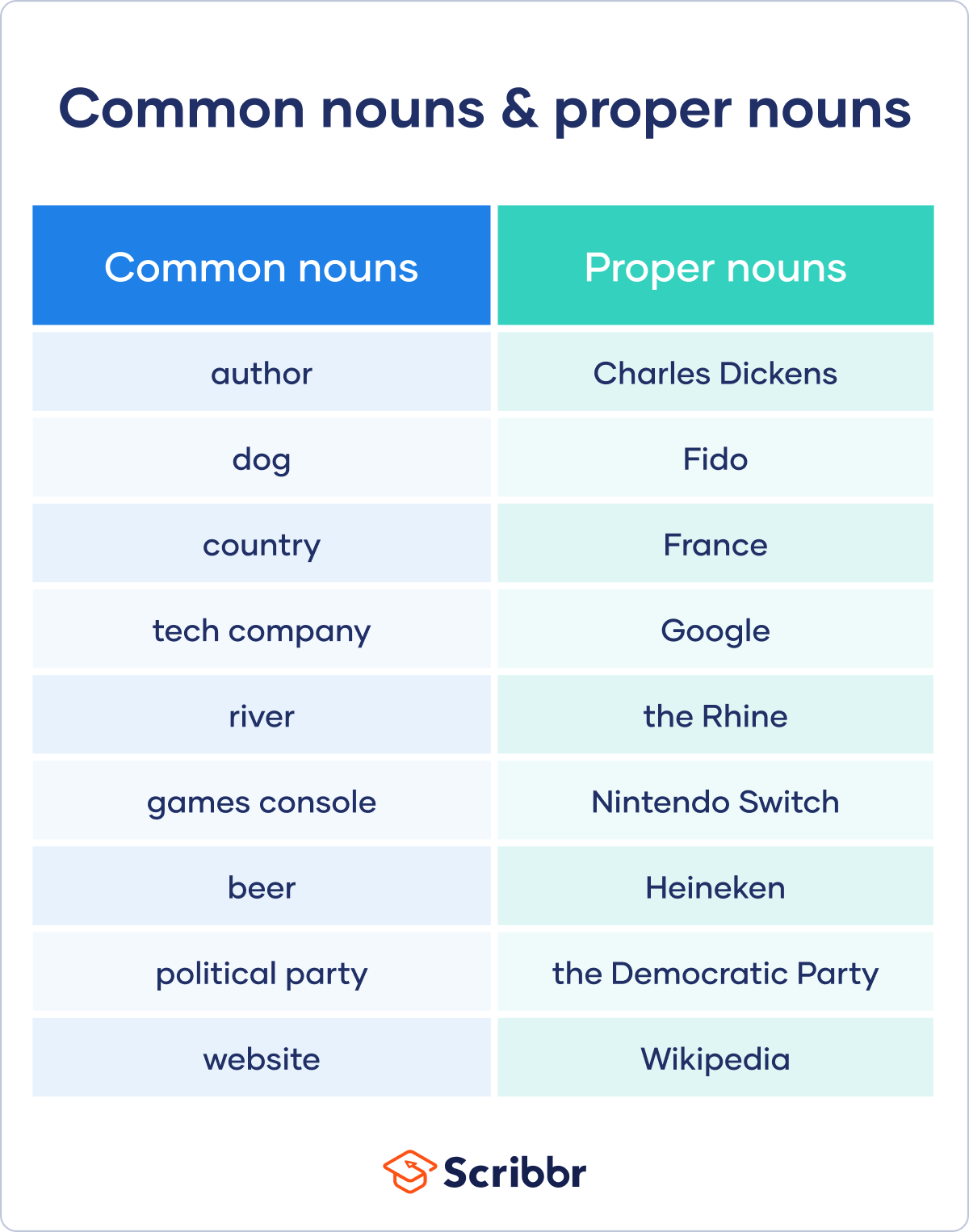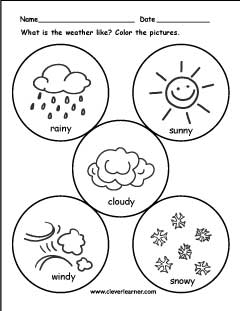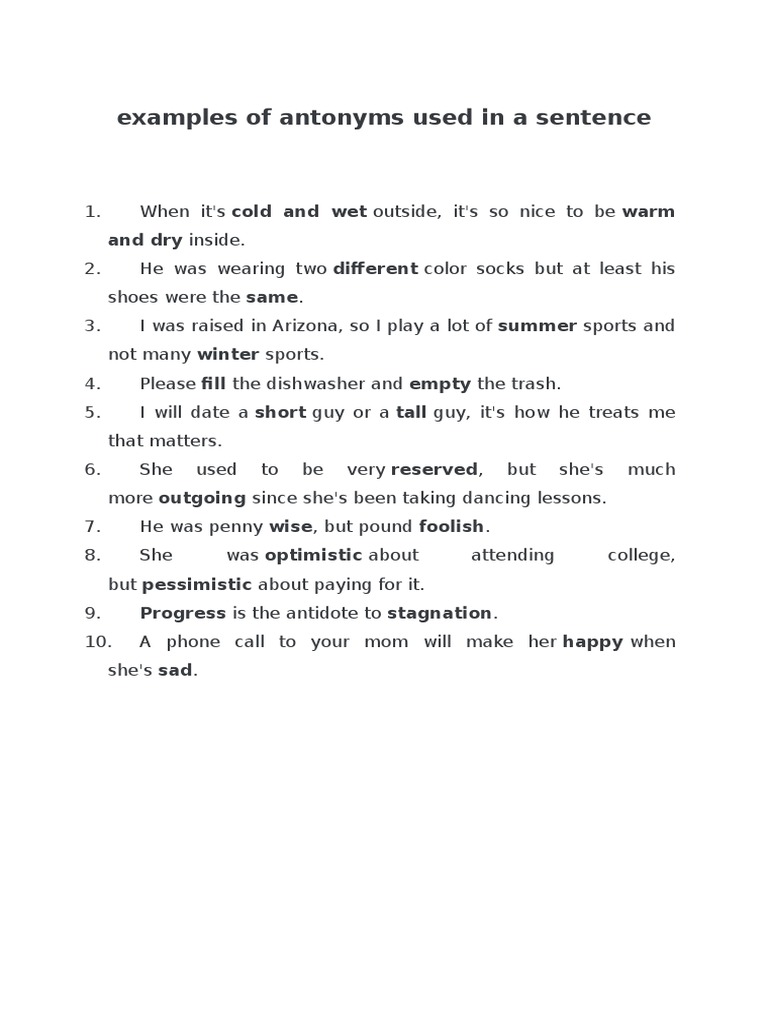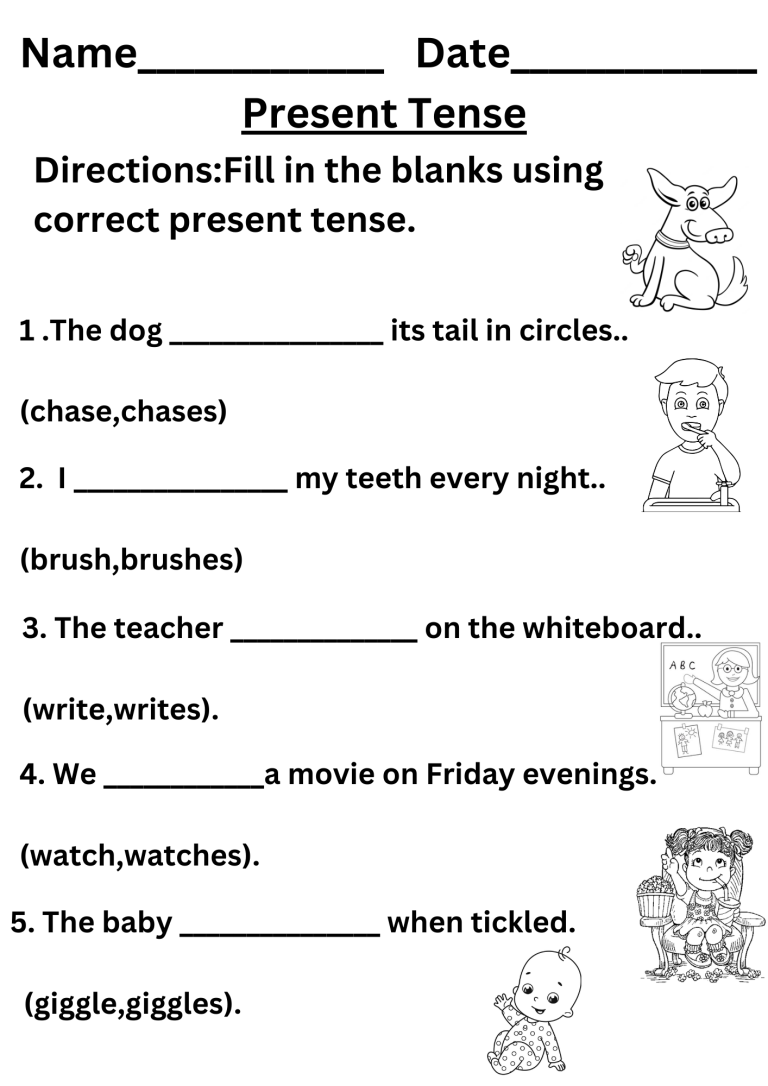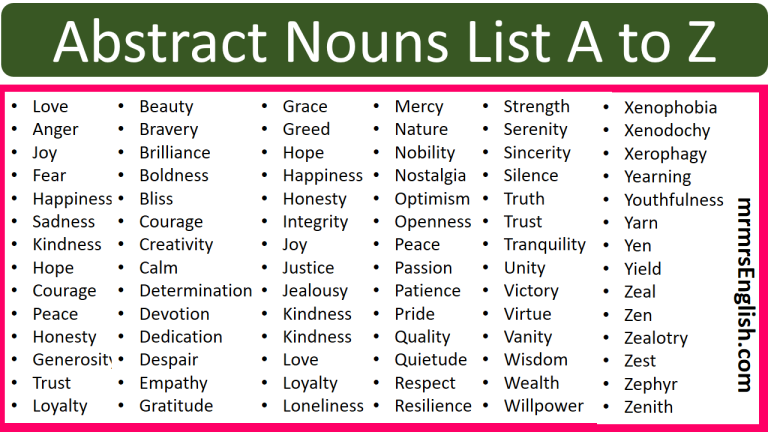Proper Noun Examples
Have you ever stumbled upon a sentence and wondered why certain words start with a capital letter? These words are not just randomly capitalized; they are proper nouns.
Proper nouns are everywhere, weaving through our everyday language, yet they often go unnoticed. But why should you care about them? Understanding proper nouns can elevate your writing, make your communication clearer, and even boost your grammar skills. Imagine capturing your reader’s attention effortlessly or leaving a lasting impression with your words.
Intrigued? Let’s dive into the world of proper nouns with examples that will illuminate their importance and help you harness their power in your own language.
Definition Of Proper Nouns
Proper nouns are specific namesfor people, places, or things. They are always capitalized. For example, the word “dog” is a common noun. But “Rover” is a proper noun. It is the name of a specific dog.
Proper nouns make writing more clear. They help us know exactly what we are talking about. “City” is general. “New York” is a proper noun. We know it is a specific city.
Proper nouns can be names of people. Like “Alice”, “Bob”, or “Charlie”. They can be names of places. Like “Africa”, “Amazon River”, or “Mount Everest”. They can also be names of things. Like “Eiffel Tower” or “Titanic”.

Credit: www.pinterest.com
Categories Of Proper Nouns
Proper nouns often include names of people. Examples are John, Lisa, and Michael. Each name is unique. They help identify specific individuals. Everyone has a proper noun name. This makes everyone special.
Names of placesParis, Tokyo, and New York. These names refer to cities. They show us where something happens. Each place has its own name. Places have proper nouns to avoid confusion.
Organizations also use proper nouns. Examples are Google, Microsoft, and UNICEF. These names tell us about companies or groups. Proper nouns make them stand out. They help us know who they are. Each has a unique name.
Events have proper nouns too. Consider Olympics, World Cup, and Christmas. These names are special. They help us remember important days or gatherings. Each event name is unique. Proper nouns give events their identity.
Proper Noun Usage
Proper nouns always start with a capital letter. They name specific people, places, or things. John, London, and Toyota are examples. Each of these words is unique and special. Ordinary nouns do not need capital letters. Common nouns like “city” or “car” are not capitalized. This rule helps readers know important names.
Proper nouns give clarity and context. They tell exactly what or who you mean. Saying “Sarah” is clearer than just saying “girl.” It makes writing more precise. Proper nouns make stories and sentences come alive. They create a picture in the reader’s mind. Use them to make writing more interesting and specific.
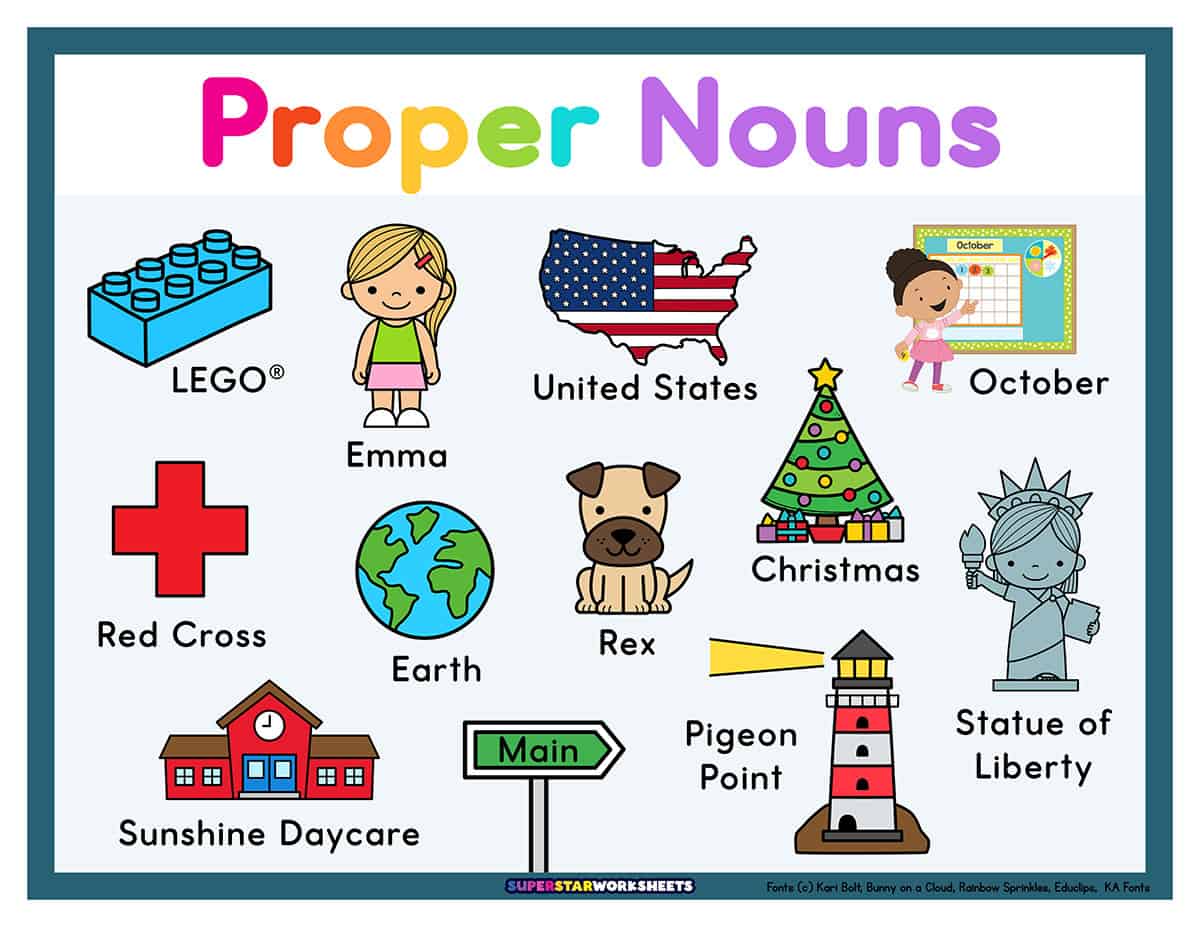
Credit: superstarworksheets.com
Common Mistakes With Proper Nouns
Capitalizingevery important word seems correct. It’s not always right. “Monday” is a proper noun. But “day” is not. Many people write “Day” and it’s wrong.
Another mistake happens with book names. “Harry Potter” is proper. But not “the Book”. Only special names need capitals.
Proper nouns name specific things. “City” is general. “New York” is specific. Many confuse these and capitalize wrongly.
Use capitals for specific names. “River” is not proper. “Nile River” is proper. This keeps writing clear.
Proper Nouns In Literature
Proper nouns make stories special. Harry Potter is a proper noun. It is the name of a character in a famous book. Sherlock Holmes is another example. He is a detective in many stories. These names help us know the characters better.
Places in stories have proper nouns too. Hogwarts is a magical school in a book. Narnia is a land where animals talk. These places make stories exciting.
Authors use proper nouns to create worlds. Readers remember these names easily. They make stories come alive.
Proper Nouns In Branding
Product names are special. iPhone is a product name. It is unique. Coca-Cola is another. People know these names. They help in buying choices. A name makes a product special. It tells a story. It stands out from others. Lego is for toys. Nike is for shoes. These names are brands. They are important.
Company names are proper nouns too. Google is a company name. It is famous. Microsoft is another one. People know these names well. They trust them. A good name is important. It makes a company special. Toyota makes cars. Amazon sells many things. These names mean something. They are known worldwide.
Cultural Significance Of Proper Nouns
Proper nouns have deep roots in history. They often reflect the identityof a place or person. Names like “Rome” or “Cleopatra” are examples. They carry stories and meanings. Each name tells a tale from the past. These names help us connect with history. They remind us of events and people long ago.
Proper nouns are key to cultural identity. They show where we come from. Names like “Tokyo” or “Sahara” define regions. These names are more than labels. They hold cultural significance. They reflect traditions and beliefs. Proper nouns help us understand different cultures. They are a bridge to the world.
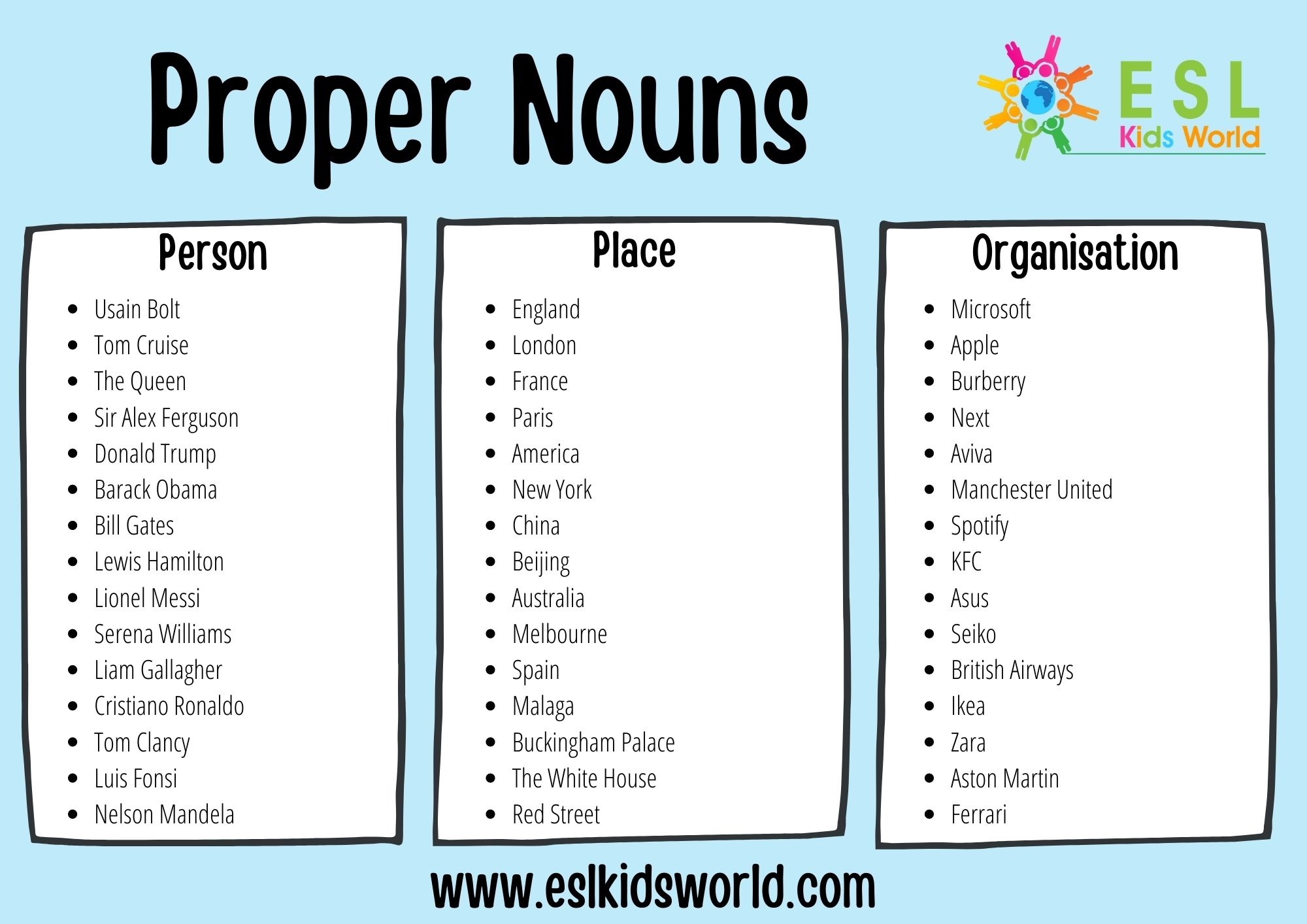
Credit: eslkidsworld.com
Frequently Asked Questions
What Is A Proper Noun Example?
A proper noun is the specific name of a person, place, or organization. For example, “New York City” is a proper noun because it refers to a specific city. Proper nouns are always capitalized to distinguish them from common nouns.
How Do Proper Nouns Differ From Common Nouns?
Proper nouns name specific entities, while common nouns refer to general items. For example, “Eiffel Tower” is a proper noun, whereas “tower” is a common noun. Proper nouns are capitalized, setting them apart from common nouns.
Are Days Of The Week Proper Nouns?
Yes, days of the week are considered proper nouns. They are specific names for the days in a week. For instance, “Monday” is a proper noun. Like all proper nouns, they are capitalized to show their uniqueness.
Why Are Proper Nouns Capitalized?
Proper nouns are capitalized to signify their uniqueness and specificity. They represent particular names, such as “Amazon” for the company or “London” for the city. This capitalization helps differentiate them from common nouns in text.
Conclusion
Understanding proper nouns is essential for clear communication. They make language specific. Cities, names, and brands all fall under proper nouns. These nouns help us identify unique entities. Remember, proper nouns always start with a capital letter. This simple rule aids in distinguishing them.
Practicing with examples can improve your skills. Proper nouns add detail to our sentences. They bring clarity and precision. So, keep practicing and learning. This will enhance your language skills. With time, proper nouns will become second nature. Keep exploring and using them correctly.
Your language proficiency will surely benefit.
